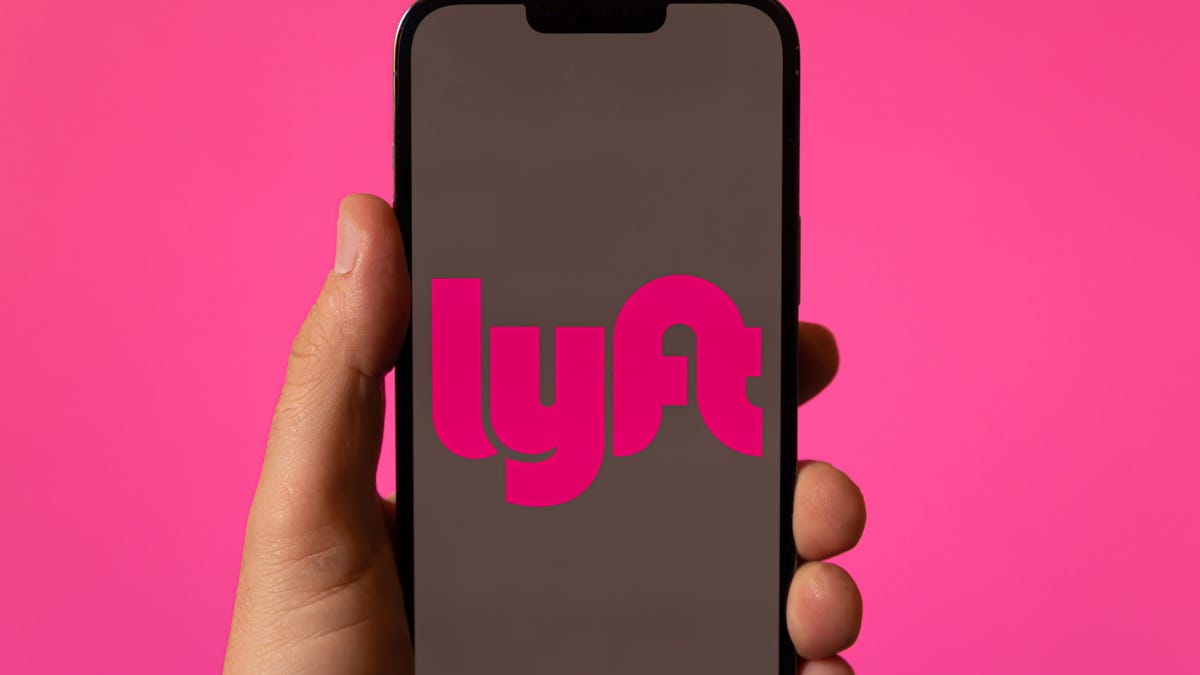Kraken Unveils North Korean Hacker Attempting Infiltration via Job Application

In a revealing account, Kraken has shared a chilling experience that emphasizes the critical importance of cybersecurity within the organization. The company, a prominent player in the cryptocurrency sector, has stated that cybersecurity is not merely a priority for them; it is a fundamental aspect of their origins and is deeply ingrained in their operational ethos.
Every day, dedicated security and IT teams at Kraken stand guard against a myriad of cyber threats posed by malicious actors. Their extensive experience has taught them that the attack vectors targeting major corporations are vast and diverse. In a surprising twist, Kraken disclosed that these threats can even emerge from unexpected sources, such as their recruitment process.
Recently, their teams uncovered an alarming attempt by a North Korean hacker to penetrate their ranks by applying for a position at Kraken. This incident serves as a stark reminder of the persistent risks faced by the cryptocurrency community, particularly given that North Korean hackers were estimated to have stolen over $650 million from crypto firms in 2024 alone.
As part of their commitment to transparency, Kraken is sharing these details not only to highlight the ongoing threats in the cryptocurrency landscape but also to assist other companies in fortifying their defenses against similar attempts.
The peculiarities of the candidates behavior raised immediate red flags during the initial recruitment call. The individual introduced themselves under a different name than what was listed on their resume and quickly changed it again during the conversation. Even more concerning was the noticeable shift in their voice at times, suggesting they were receiving real-time coaching during the interview.
Prior to this interview, Kraken had been alerted by industry partners to the possibility that North Korean hackers were actively seeking employment at various cryptocurrency firms. They had received a list of email addresses associated with the hacker group, one of which intriguingly matched the email used by the candidate applying to Kraken.
Armed with this intelligence, Kraken's Red Team initiated an investigation employing Open-Source Intelligence (OSINT) techniques. This involved examining breach data, as hackers frequently exploit this information to pinpoint users with weak or reused passwords. They discovered that the email linked to the suspicious candidate was part of a broader network of fabricated identities and aliases.
This network indicated that the individual had created multiple false identities to apply for positions within the crypto industry and beyond. Further investigation revealed that several names within this network had been previously employed by various companies. Alarmingly, one of these identities was also recognized as a foreign agent listed on sanctions lists.
In terms of technical setup, the candidate utilized remote colocated Mac desktops while masking their location and online activities through a VPNan arrangement commonly used to evade detection.
Upon further scrutiny, Krakens team linked the resume to a GitHub profile that contained an email address compromised in a previous data breach. The primary identification presented by the candidate appeared to be modified, indicating potential use of details obtained through an identity theft incident two years prior.
With a plethora of evidence pointing to a coordinated infiltration attempt rather than just a suspicious job application, Kraken's team pivoted their strategy. Instead of alerting the candidate to their suspicions, they decided to advance them through the rigorous hiring processnot with the intent to hire, but to gather intelligence on their strategies and techniques.
This involved subjecting the candidate to multiple rounds of technical information security tests and verification tasks designed to extract crucial details about their identity and methods. The final round of interviews included a casual chemistry session that featured Krakens Chief Security Officer (CSO), Nick Percoco, along with other team members. What the candidate did not realize was that this was a carefully orchestrated trapa subtle test of their identity.
Throughout the interview, the team integrated two-factor authentication prompts disguised as standard questions. They asked the candidate to verify their location, hold up a government-issued ID, and even recommend local restaurants that they claimed to be near. The candidate quickly faltered under the pressure, unable to convincingly respond to basic verification questions about their supposed residence or country of citizenship. By the end of this interrogation, it became unmistakably clear that this was not a genuine applicant, but rather an impersonator attempting to breach Krakens security.
In light of these events, CSO Nick Percoco emphasized the importance of vigilance in the digital age, stating, Dont trust, verify. This core crypto principle is more relevant than ever. State-sponsored attacks are not just a concern for the cryptocurrency or U.S. corporate sectors, but a global threat. Any individual or business handling value is a target, and resilience starts with operationally preparing to withstand these types of attacks.
Key takeaways from this incident highlight the fact that not all attackers attempt to infiltrate a system through technical means; some may attempt to walk through the front door disguised as job candidates. As cyber threats continue to evolve, so too must the security strategies employed by organizations. A holistic, proactive approach is essential for safeguarding against infiltration.
The rise of generative AI has made deception easier; however, it is not infallible. Attackers may successfully navigate certain aspects of the hiring process but genuine candidates typically pass real-time, unprompted verification tests. It is advisable for hiring managers to avoid predictable patterns in their verification questions.
Moreover, fostering a culture of productive paranoia is imperative. Security should not be viewed solely as an IT responsibility; it must be an organizational mindset. By engaging with this candidate, Kraken identified critical areas to bolster their defenses against future infiltration attempts.
As organizations reflect on this incident, they should remember that sometimes, the most significant threats present themselves disguised as opportunities.

























